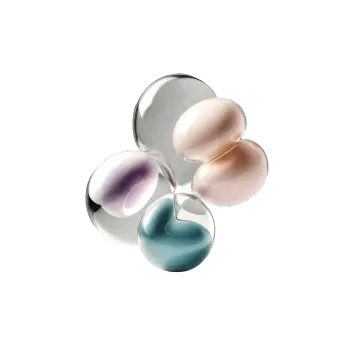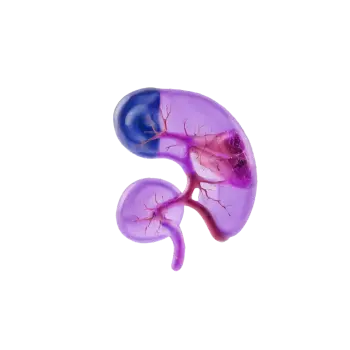Quick version
What is creatine and creatine monohydrate?
Creatine is a nitrogen-containing compound that is formed in the liver and stored in the muscles in the form of creatine phosphate. It acts as a kind of quick energy reserve for the cells, especially during high-intensity exercise.
Creatine monohydrate is the most studied and effective form of various creatine supplements. It is a stable, safe and easily absorbed form that is used in the majority of all scientific studies. In its simplest form, it consists of creatine bound to a water molecule – hence the "monohydrate".
What does creatine monohydrate do in the body?
For women who exercise regularly or live an active life, creatine monohydrate can have several benefits. The supplement helps to increase physical performance during repeated, short and intense training sessions – something that can improve strength, endurance and muscle mass over time.
But creatine's positive effects also extend beyond the gym. Studies have shown that creatine can also support brain function, reduce fatigue and contribute to improved mental acuity, especially during periods of sleep deprivation, stress or hormonal changes. For women going through perimenopause, menopause or postmenopause, creatine has shown promising results in terms of counteracting muscle loss, supporting bone density and even relieving depression.
When and how to take creatine monohydrate?
There are no strict rules for the exact time, but creatine is best taken daily, preferably with a meal for better absorption. A common dosage is 3–5 grams per day. Creatine can be taken on both training and rest days – the important thing is to take it regularly, as the effect is something that builds up over time.
Some people choose to do a so-called "loading phase" where they take higher doses (around 20 grams per day for 5–7 days) to quickly saturate the muscles' creatine stores, but this is not necessary to get the effect.
Are there any side effects?
Creatine monohydrate is one of the most well-studied dietary supplements in the world and is considered very safe for healthy people. Some people may experience a slight weight gain, which is mainly due to increased fluid retention in the muscles – not fat as you might think. Some also report mild stomach upset at high doses, but this can usually be avoided by taking smaller amounts at a time and preferably with food.
If you suffer from kidney problems creatine should be taken with caution, and it is always a good idea to consult a doctor if you have underlying illnesses.
























